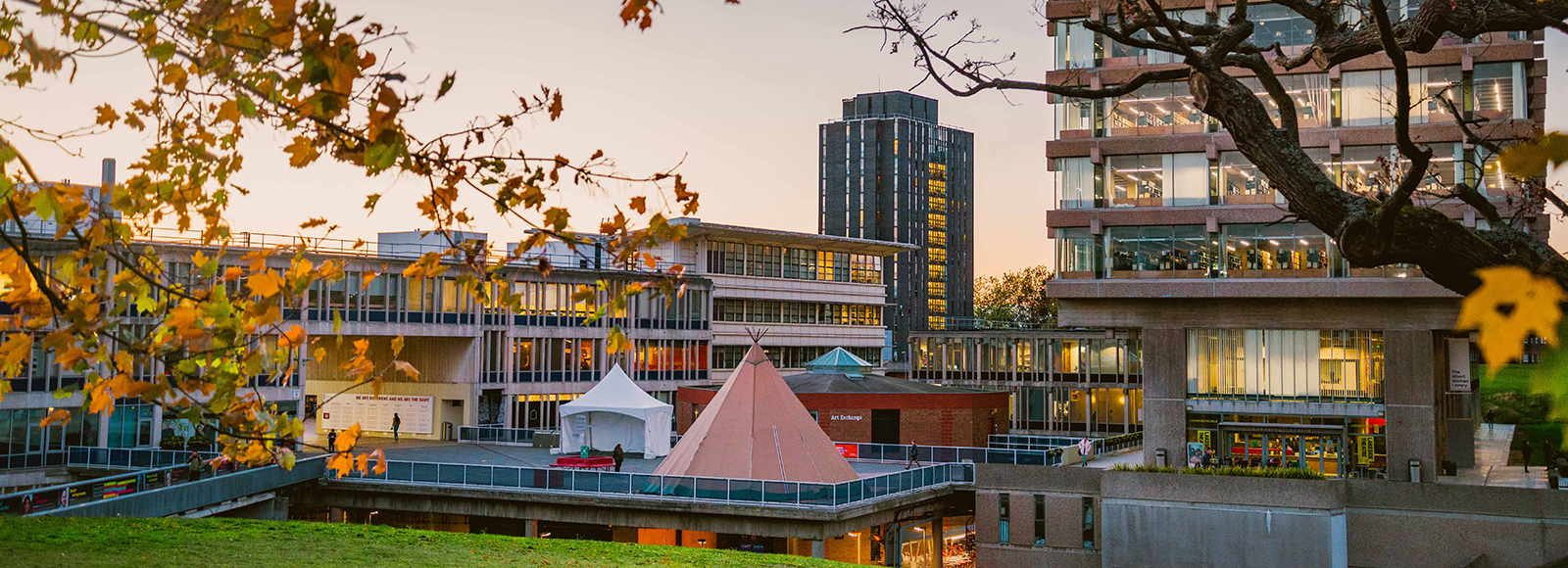- ...
Postgraduate Studentships - Search for funding opportunities.
Postgraduate Studentships - Search for funding opportunities.
Why does the behaviour of political actors – leaders, parties, pressure groups, voters, protestors, and so on – vary across countries and over time? And what are the consequences of political institutions for regime stability, economic development, political representation, and the dynamics of electoral politics?
This course allows you to focus on these and other questions of interest and apply them to politics in the developed and developing worlds.
Our course provides you with an overview of classic controversies and contemporary debates in comparative politics. You learn about the main theoretical approaches to the study of politics, as well as the major issues and topics in this subfield of political science. You also choose from a wide range of optional modules including: Global environmental issues Democracies in Europe International relations International security Conflict resolution.
Our Department of Government is one of the most prestigious in Europe, with an outstanding record of teaching, research and publication. We are rated top in the UK for research (REF 2014), and have consistently been the highest-rated politics department in the country since national assessments began.
With this course you also have the opportunity to study abroad at one of our partner institutions and achieve a dual award, which means you’ll receive two Masters degrees in two years. Find out more on our dual award webpage.
We will consider all applicants with 2:2 or above, or equivalent international qualifications. For some courses, there may be additional requirements which can be found on our website.
For fees and funding options including scholarships available please visit website to find out more
All Essex politics graduates have the distinction of a qualification from one of the world’s leading politics departments.
Our MA Global and Comparative Politics will help you develop key employability skills which will make you attractive in both the public and private sector, including analytical reasoning, research, communication, and essay-writing.
Recent graduates have gone on to work for the following high-profile organisations:
We also offer supervision for PhD and MPhil in the following fields: government; ideology and discourse analysis; international relations; political behaviour; and politics.
Our academic reputation is illustrated by the fact that many of our graduates now teach or research at universities, colleges of higher education and schools. For example, recent graduates are now research fellows and academic staff at: Mannheim, Germany; ETH Zurich, Switzerland; Duke University, USA; NATO/SHAPE, Belgium; and University of Amsterdam, Netherlands.

Founded by Sir Albert Sloman during the peak of the counterculture, the University of Essex was built to be “a new kind of university…where research r...
Sign up to Postgraduate Studentships
Sign up to compare masters
Thanks for making your selection. Click below to view your comparisons.